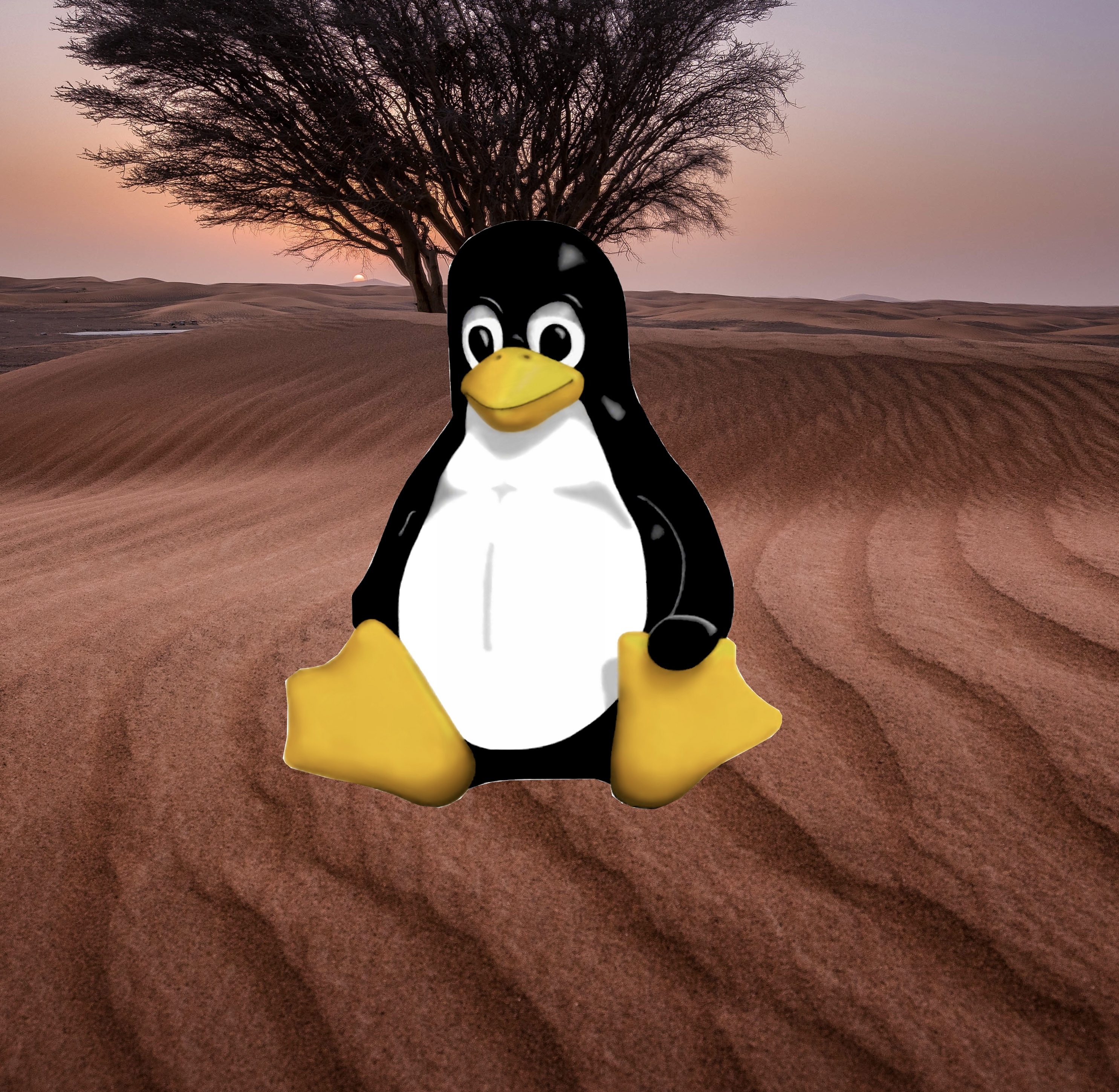- cross-posted to:
- linux@sopuli.xyz
- cross-posted to:
- linux@sopuli.xyz
There is Dahlia OS which looks fairly promising but development takes time and it is only a small amount of people.
I like the idea of the OS being more embedded focused like Android and Chrome OS but I don’t want Chrome or Google.
Is there anything else I should look at?
I think that is the goal of https://universal-blue.org/
I don’t play with anything Google packages with hardware. Privacy and security with google always means their privacy against their competitors and security means whomever google considers a risk.
I’m running uBlue’s AuroraOS. Have been very happy with it so far.
Universal blue is closer to regular Linux but maybe it is still worth a look.
Also “cloud native” is a little off putting. I might just try Silverblue
“Cloud Native” means uBlue’s OS images are basically Docker images, but meant tu run on bare metal instead of inside virtualization, that are built automatically with GitHub actions.
The project itself is super interesting. It’s not a distro, it’s an alternative automated build pipeline toolkit for Silverblue/CoreOS that lets anyone build their perfect atomic image. It’s still 100% Fedora+rpmfusion under the hood.
UBlue’s official images have massive quality of life improvements over Silverblue.
Cloud native just means that it uses tools like distrobox. I have used both and ublue has way better defaults: preinstalled drivers, codecs, update tool. Aurora and Bluefin are very similar, one kde one gnome, but bazzite is pretty different, it comes with a bunch of gaming features and tools and waydroid
I’ve been very happy with both Silverblue and Kinoite. I’ve installed it to all of my workstations now and can’t imagine ever going back to a traditional distro.
Your comments suggest that you’re already aware of distros like Silverblue so, if I may ask, how are these different than what you’re looking for? Silverblue comes with several flatpaks installed, but you can easily remove these and you’ll be left with a pretty barebones ostree image.
I’m using Aeon and I’m happy with it, especially the auto updates since i now never really have to actively think about updating (just reboot when you can to get the new stuff). It has a minimal immutable base system and the recommended way of installing apps is to use Flatpaks from Flathub for GUI and distrobox for terminal apps (GUI apps can also be exported from Distrobox to be launched like all the other flatpaks). Distrobox even allows you to install packages from different distros in separate containers so it doesn’t really matter that your base system is openSUSE.
It’s not made for tinkering but rather to have one very similar configuration on all Aeon installs to make troubleshooting easier. However it is still in release candidate stage so it might be required to reinstall once a new RC version comes out or once it is released.
Vanilla OS seems promising. Just released a new version too.
I don’t think it’s embedded focused but have you checked out Vanilla OS?
I’ll look into it. I just like the idea of a very small base based on Buildroot or similar.
I think Vanilla OS might then be what you’re looking for. They’ve built up their immutable OS on several layers, and while most people will want the full desktop OS, if you want a very small base, maybe their Pico image is what you’re looking for? You should even be able to build on top of it to create your own, if you need to.
I think ChomeOS is good by itself. At least it could be as a properly modified fork. The graphic shell is decent and resource-efficient. It has all things needed for using apps conveniently in VMs, e.g. crosvm, transparent proxying of wayland apps into the host system and file access with 9P. So it keeps the base system clean and secure, because all the user apps are isolated either with a browser sandbox or with a VM. I only want it would be less online-oriented, so I would like to see an offline-first fork of it, degoogled (like some Android customs), and allowing to use more then one linux app VMs.
So, I think ChromeOS is undervaluated by the FLOSS/hacker community and it has very few forks, but the majority of Linux users are focused on more traditional GNU/Linux distros and environments anyway. But with the rise of popularity of immutables, maybe it can get more attention.
Also, it is a perfect environment for PWAs.
Endless Os is solid! It’s my go to for ppl who don’t know jack about Linux. But it’s also just a really well put together distro.
My favorite feature by far is just Auto updates. It’s the only distro I’ve used where Auto updates just work. Everything stays updated zero tweaks required no interruption of workflow. It’s honestly so good at it that I forget that it even updates. And that doesn’t just go for the OS that goes for apps too.
It also runs well on just about any hardware I’ve ever put it on. I just put it on my buddy’s Toshiba satellite laptop that’s rocking an I5 4200u and a 5400rpm hard drive. Takes a second to boot but doesn’t miss a beat once it’s up and running.
It is very flatpak centric but if you’re looking for that Chrome OS feel it’s about as close as you can get.
Endless has a EULA though
I thought it’s cool but it looks dead. Hopefully they can find new members to keep the project going







